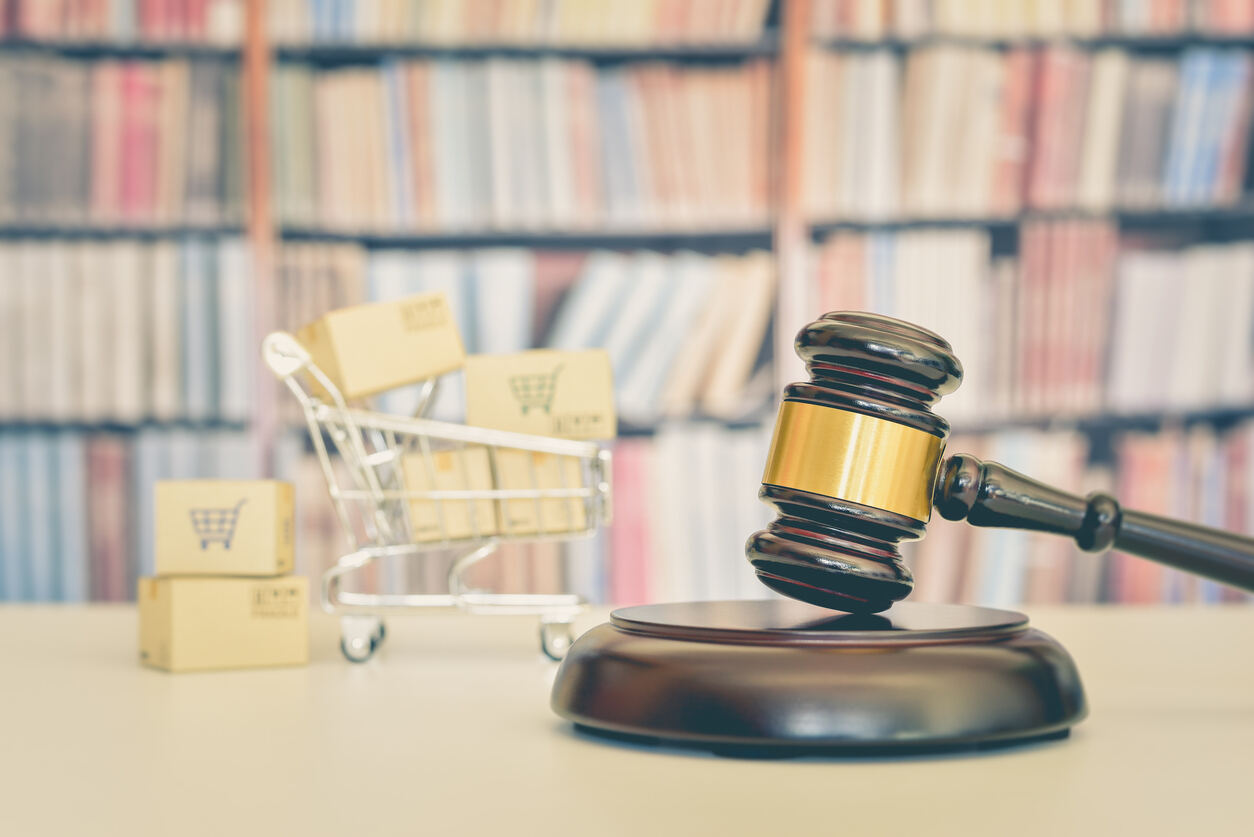At Ashby Thelen Lowry, our Atlanta personal injury attorneys represent individuals who are seriously harmed by defective or dangerous consumer products. These cases fall under Georgia product liability laws, which hold manufacturers, distributors, and sellers accountable when unsafe products cause injury or death.
However, not every product that causes harm is legally considered “unreasonably dangerous.” So what does that term mean under Georgia law—and how do you know if you have a case?

Defining “Unreasonably Dangerous” in Georgia
A product is considered unreasonably dangerous when it poses a risk of harm that exceeds what an ordinary consumer would expect when using it in a normal or intended way.
Under Georgia law, a product may be deemed unreasonably dangerous for several reasons:
- Design Defect
The product’s design is inherently flawed, making every unit dangerous even when used correctly. For example, a power tool lacking a necessary safety guard may be unreasonably dangerous by design.
- Manufacturing Defect
A product that departs from its intended design due to a flaw in the manufacturing process may be dangerous even if the design itself is safe. This could involve a batch of contaminated medication or a cracked structural component in a vehicle.
- Failure to Warn (Marketing Defect)
A product may be considered unreasonably dangerous if it does not include adequate warnings or instructions for safe use. This includes known risks that a manufacturer failed to communicate to consumers.
What Must Be Proven in a Georgia Product Liability Case?
In Georgia, to establish that a product is unreasonably dangerous, the injured party generally must prove:
- The product was defective when it left the manufacturer’s control.
- The defect made the product unreasonably dangerous.
- The product was used as intended or in a reasonably foreseeable way.
- The defect directly caused the injury or death.
It’s not enough to show that a product malfunctioned. You must demonstrate that it was defective in a legally actionable way and that the defect caused harm. These cases often require detailed investigations, expert analysis, and a thorough understanding of product engineering and safety standards.
Examples of Unreasonably Dangerous Products
Some common examples that may support a product liability claim include:
- Vehicles with defective airbags, brakes, or fuel systems.
- Electronics that overheat, spark, or explode due to faulty wiring.
- Medical devices or implants with design flaws.
- Household products with inadequate safety warnings.
- Machinery without proper safety features or cut-off systems.
- Children’s toys are made with toxic materials or contain choking hazards.
If a consumer product has injured you or a loved one, our legal team at Ashby Thelen Lowry may be able to help determine whether the product qualifies as unreasonably dangerous under Georgia law.
Call Ashby Thelen Lowry to Discuss a Potential Defective Product Claim
Product liability cases are complex, technical, and time-sensitive. If you’ve been seriously harmed by a product you believed was safe, don’t assume it was just bad luck. Let our experienced product liability attorneys investigate the cause and fight for the compensation to which you may be entitled.
Contact our Atlanta personal injury lawyers today for a free consultation. We may be able to take your case and help hold the responsible parties accountable.
